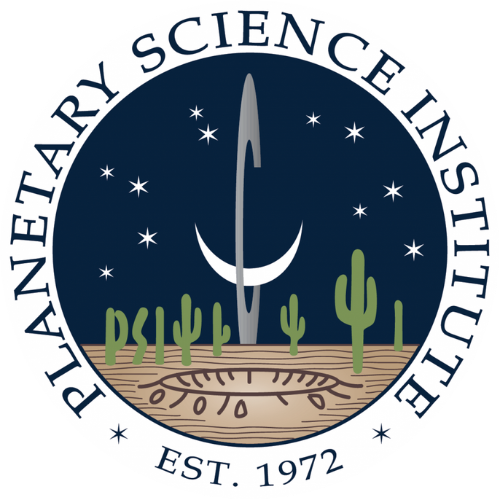PSI Senior Scientist Natasha Artemieva has received the Meteoritical Society’s 2015 Barringer Award for her “seminal contributions to the understanding of dynamic impact cratering physics and chemistry.” The award presentation took place July 29 at the Meteoritical Society meeting in Berkeley, Calif.
Kai Wünnemann, her colleague from the Naturkunde Museum in Berlin, gave the citation, which was followed by Natasha’s acceptance speech and a 40-minute lecture, “The impact of numbers on impacts,” describing the importance of numerical modeling in impact studies.
“This is a huge honor for me. It’s the biggest prize an impact scientist may receive. It’s also a great opportunity to thank my colleagues who helped me to accomplish my work” said Artemieva.
Her recent work covers the effect of terrestrial impact ejecta layers on climate, in which she modeled the Chicxulub crater and thermal radiation from its ejecta, concluding with her colleagues that fires arising from such radiation cannot be responsible for plant extinctions at that time. She has explored the origin and distribution of lunar water, tracking the volatile transport in the transient atmosphere generated after a comet impact, with a focus on how these processes influence the accumulation of water in polar cold traps. She has also studied the Chelyabinsk meteorite fall, modeling the observed smoke train to better understand the puzzle of the very low recovered mass, and has written a popular article on the event. These are in addition to her work on the ejection of lunar and Martian meteorites and the characterization of impact ejecta around the world.
“Natasha is an exceptional scientist with an impressive body of work,” said Mark Sykes, CEO and Director of the Planetary Science Institute. “We are honored to have her as part of our PSI community.”
The Barringer Medal and Award recognize outstanding work in the field of impact cratering and/or work that has led to a better understanding of impact phenomena. The Barringer Medal and Award were established in 1982 to honor the memory of D. Moreau Barringer Sr. and his son D. Moreau Barringer Jr. and are sponsored by the Barringer Crater Company. The senior Barringer was the first to seriously propose an impact origin for the crater that now bears his name. For nearly two decades he defended this theory against the vast majority of scientific opinion. The junior Barringer was the first to identify the Odessa crater, the second known impact site on Earth.
Media Contact
Alan Fischer
Public Information Officer
520-382-0411
[email protected]
Science Contact
Natasha Artemieva
Senior Scientist
